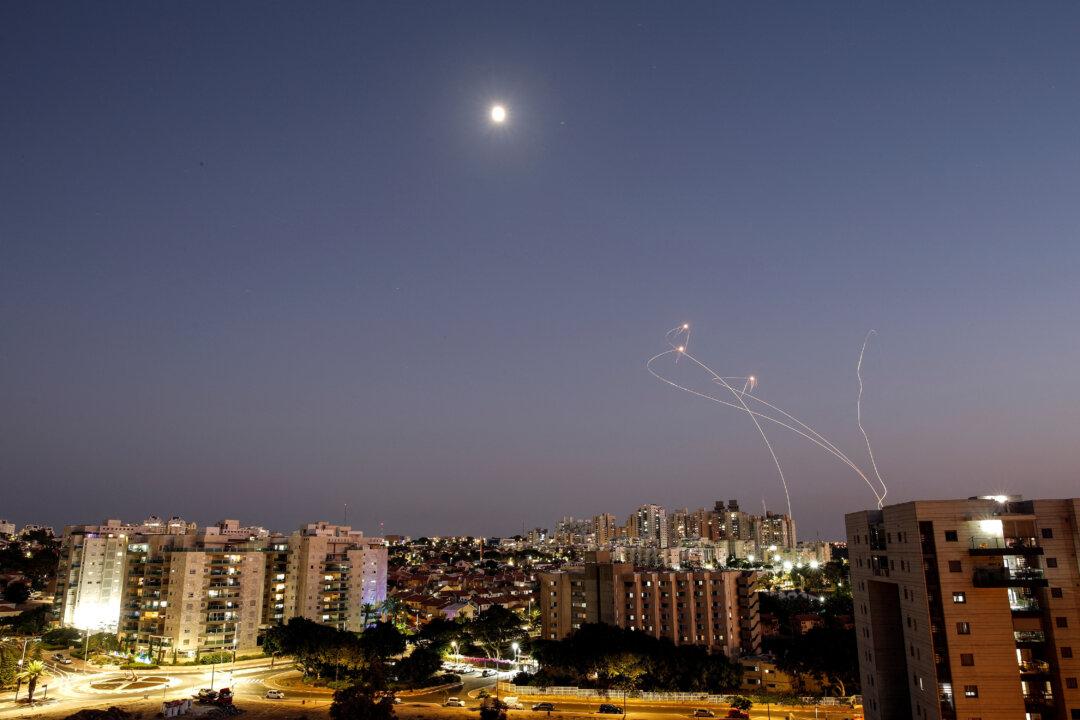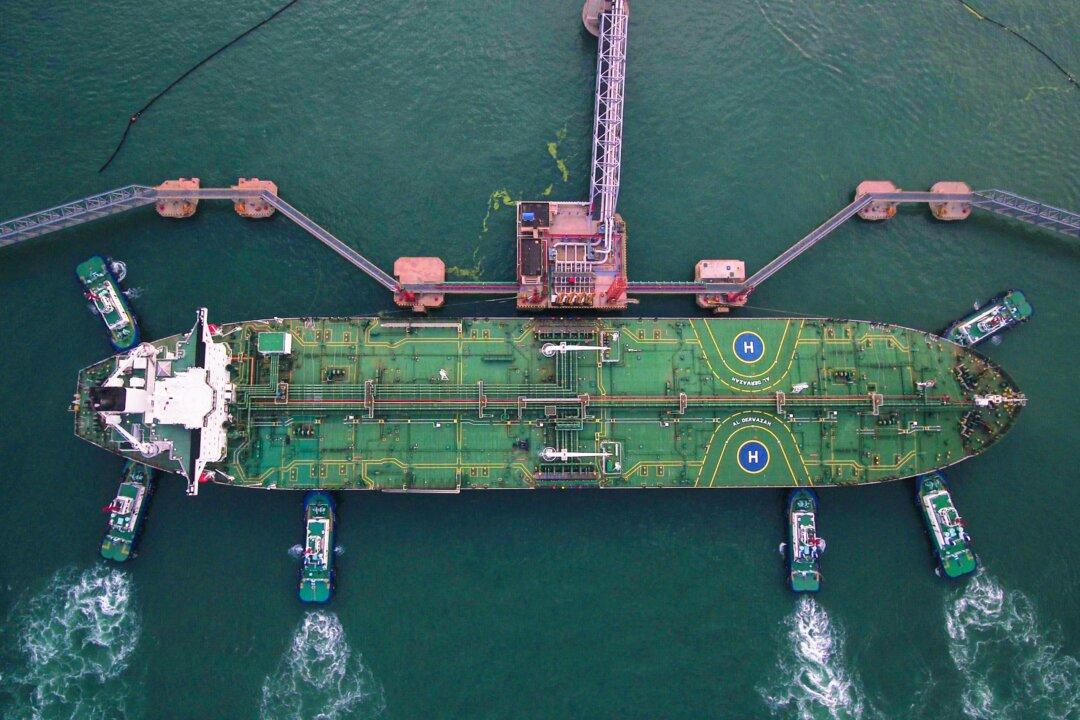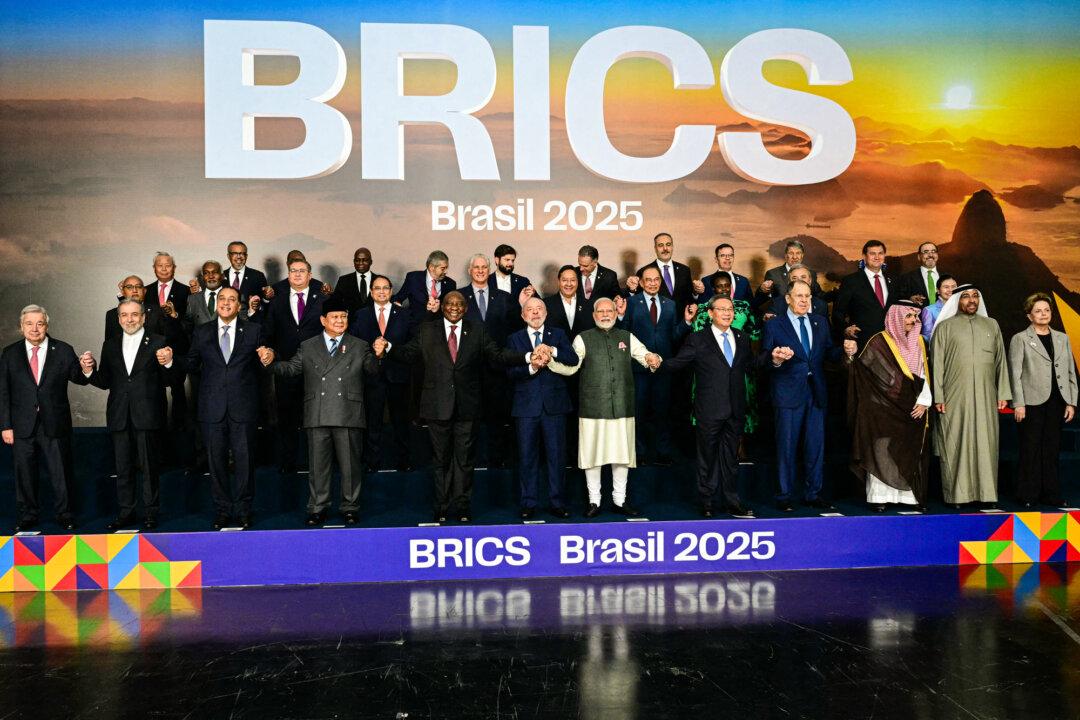Commentary
How will the Israeli Defense Force (IDF) handle emboldened enemies surrounding it?
For Israel, in many ways, it’s the best of times.Israel has never been as technologically and militarily advanced or as economically powerful as it is today. The level of development it has reached in the past couple of decades is impressive by any measure.





